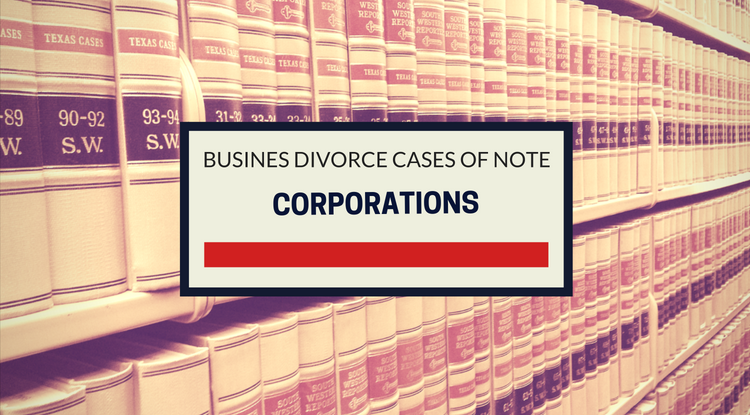Key Takeaways
-
A minority shareholder oppression claim requires clear evidence of damages, including a reliable valuation of the business.
-
In Jennings v. Simmons, the plaintiff’s failure to present valuation evidence prevented the court from awarding damages.
-
The court ruled that without financial records or expert testimony, it could not determine the fair value of the plaintiff’s equity stake.
-
This case highlights the importance of proper documentation and valuation in shareholder disputes.
Case Summary
In Jennings v. Simmons, the New Jersey Appellate Division affirmed the trial court’s dismissal of minority oppression claims due to a lack of evidence regarding the company’s value. Plaintiff Randee K. Jennings alleged that she was improperly denied compensation and equity in Global Network Solutions LLC (GNS) and sought damages. However, the court found that she failed to provide a reliable valuation of her ownership interest, making it impossible to award damages.
 The Parties and Relevant Facts
The Parties and Relevant Facts
Global Network Solutions LLC (GNS) was a telecommunications company founded in 2014 by Carl F. Simmons, who served as its CEO. Jennings held the title of Senior Vice President and Chief Information Officer, and she claimed that Simmons promised her a 10% equity stake in the company in exchange for her contributions. Other key executives included Raymond Fischer and Julian Caprow.
Jennings contended that she was essential to GNS’s success, securing most of its clients and hiring key employees. However, her compensation was inconsistent, and she never received formal documentation confirming her ownership stake. Simmons allegedly mismanaged company funds, using GNS accounts for personal expenses such as luxury items and services. Tensions escalated, leading to Jennings’ termination and subsequent litigation.
 The Business Divorce Law Report
The Business Divorce Law Report





 In the Matter of the Application to Confirm an Arbitration Award of Theodore Papakonstadinou and AKTOR CORPORATION, Petitioners, against Nikolaos Sparakis, LIZBETH GOZZER and GOZZER CORPORATION, Respondents.
In the Matter of the Application to Confirm an Arbitration Award of Theodore Papakonstadinou and AKTOR CORPORATION, Petitioners, against Nikolaos Sparakis, LIZBETH GOZZER and GOZZER CORPORATION, Respondents.